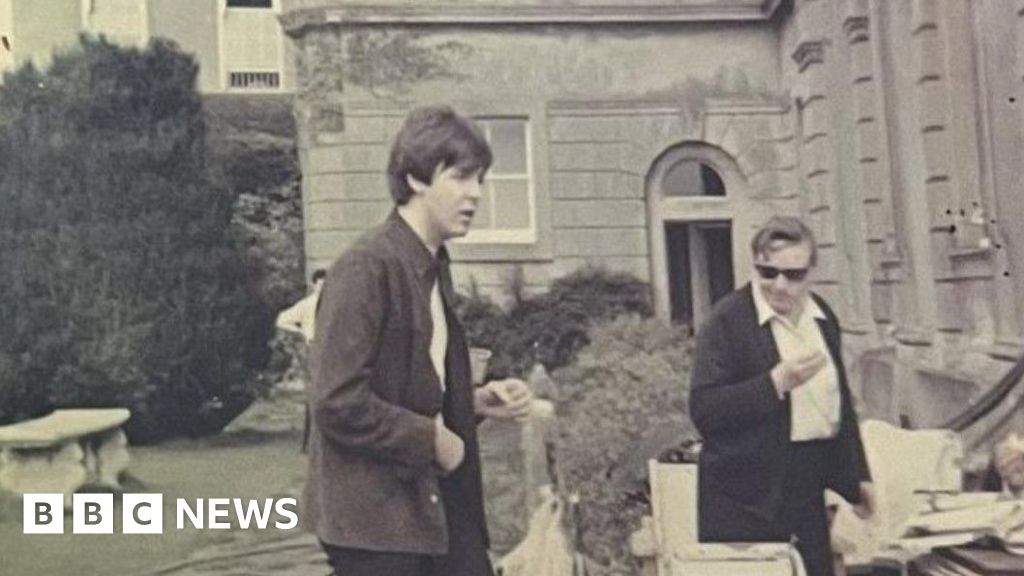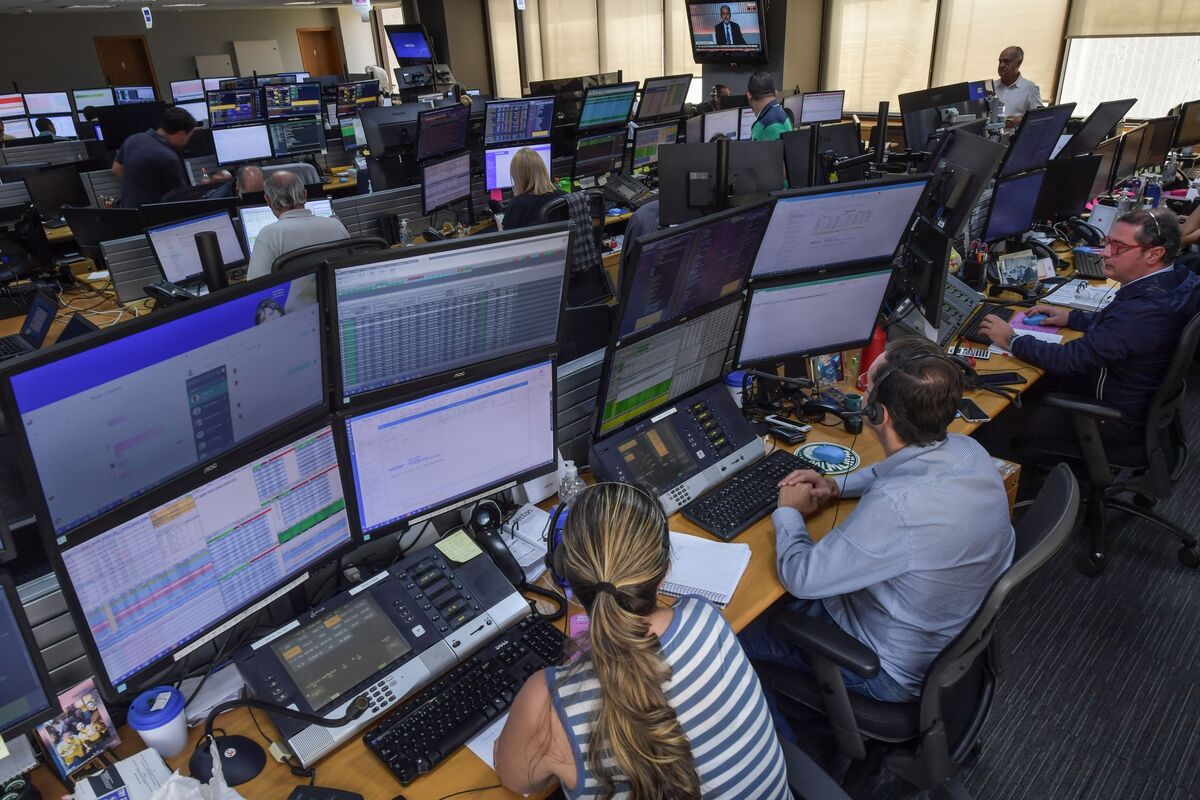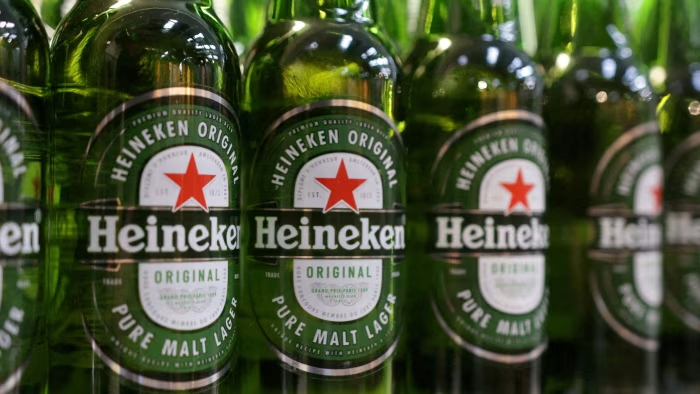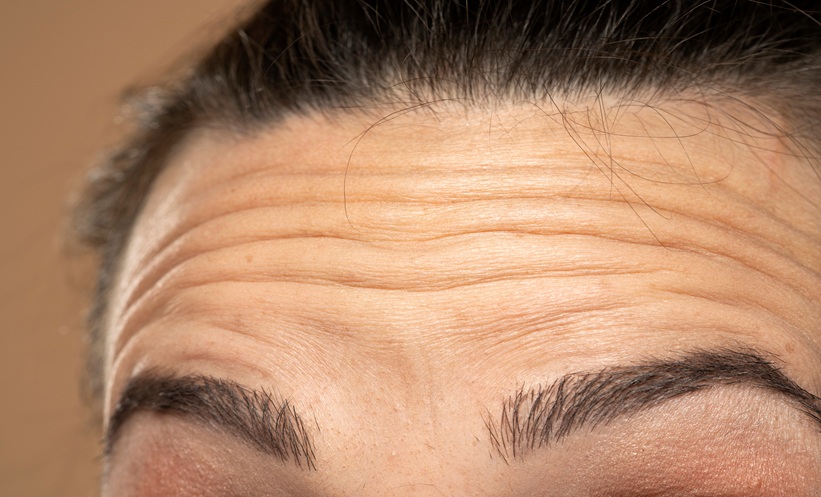Prince Andrew is reportedly in advanced talks with King Charles’s senior aides over moving out of his Royal Lodge home after a week in which his “peppercorn” rent tenancy has come under scrutiny.
Pressure has mounted on the royal family for…

Prince Andrew is reportedly in advanced talks with King Charles’s senior aides over moving out of his Royal Lodge home after a week in which his “peppercorn” rent tenancy has come under scrutiny.
Pressure has mounted on the royal family for…

Jannik Sinner progressed to the semi-finals of the Vienna Open with a dominant straight-set win over Alexander Bublik.
A single break of serve in both sets was enough for Italian world number two Sinner to maintain his pursuit of his fourth title…

Andrew DawkinsWest Midlands
 Richard Winterton Auctioneers
Richard Winterton AuctioneersUnseen photos of The Beatles taken by a crew member shooting their films are to be auctioned in…

The bond market hasn’t rung false recession alarms for this long in at least half a century.
By Monday, it will be three full years since the market’s movements started suggesting a US downturn was on the horizon. That’s when 3-month Treasury yields first pushed above 10-year ones — inverting the yield curve — as traders anticipated the Federal Reserve’s steep interest-rate hikes would stall the economy.

Unlock the Editor’s Digest for free
Roula Khalaf, Editor of the FT, selects her favourite stories in this weekly newsletter.
Beer’s qualities as a “social lubricant” must play an important role in the debate about the harms of alcohol, the boss of Heineken has said.
Dolf van den Brink said that “in this time of loneliness and a mental health epidemic”, beer’s role in bringing people together was “important to make part of the public debate”.
Public health bodies are hardening their stance against alcohol, prompting the industry to talk up the non-health benefits of drinking such as socialising and to question new research into the dangers of moderate consumption.
“Beer is one of the oldest, if not the oldest, consumer goods category,” van den Brink told the Financial Times, pointing to early evidence of collective beer drinking in Mesopotamia and ancient Egypt.
Earlier this year the outgoing US surgeon general said alcoholic beverages should carry cancer warning labels, while the World Health Organization has been stepping up a campaign against moderate drinking.
The Heineken chief said that while the discussion about the effect of moderate alcohol consumption on health was legitimate, it lacked nuance.
“We do believe that it’s not always reported in a balanced way, telling the full picture, because the relationship between alcohol and health is complex,” van den Brink said, while stressing that the debate needed to start by emphasising the harmful use of alcohol.
“There is a legitimate debate in society now about the effect of moderate consumption of alcohol, including beer, on health. And again, we believe that needs to be a balanced and nuanced discussion.”
Socialising had been at the core of Heineken’s marketing for decades and was “part of the essence of the product”, he said.
Other brewers have also extolled the health benefits of their brews, with the “Guinness is good for you” slogan used for decades to promote the Irish stout.
Heineken, Carlsberg and ABInbev have launched non-alcoholic versions of their beers in a bid to keep drinkers who want to moderate their consumption loyal to their brands.
On Thursday the Dutch brewer announced a five-year plan to get consumers to buy more beer and boost efficiency at the company, which, like other alcoholic drinks producers, has been hit by weaker consumer demand.
Van den Brink also warned there would be more brewery closures, but “not at a large scale”.
Investors have soured on Heineken after two years of weak performance and a string of earnings misses, with shares falling by a fifth from highs in 2023.
At an investor presentation in Seville on Thursday, the brewer said 80 per cent of its investment would go towards Amstel, Desperados, Moretti, Tiger and Heineken, with a quarter of its 350 brands getting none at all.

A NEW AI-based simulator integrating dermatologist expertise predicts how tobacco use accelerates facial aging over 15 years.
Researchers have…